News
YEAR OF NEWS :

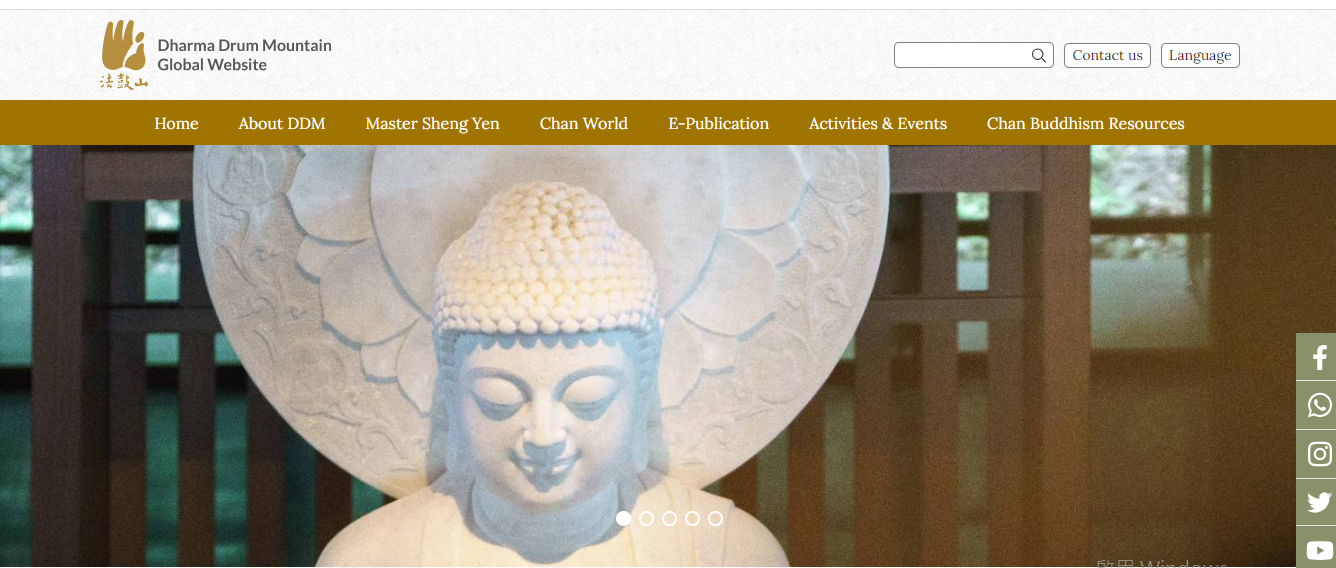
Saturday, July 11, 2020
In response to the development of various Internet carriers and the needs of readers with diverse reading habits, the renewed DDM Global Website will officially be launched on July 16, 2020, to continue to share with readers worldwide the stories of Dharma Drum Mountain and Buddhist wisdom in the Chan teachings.

It is traditional for Chinese people to visit with each other when New Year comes; during these visits, they often drink tea together and chat, enjoying the opportunity to catch up with those they miss in their daily lives. Through the leisurely activity of drinking tea, friends, family, and even strangers come together and joyfully celebrate the New Year.
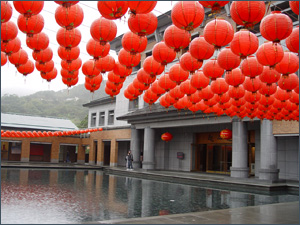
Making New Year’s visits is a traditional custom of the Chinese New Year. It is a way for people to exchange greetings and offer well-wishing to one another during the holiday. In fact, the original meaning of Chinese New Year is that it is a blessed time in which people should pay respects and offer their best wishes to one another.
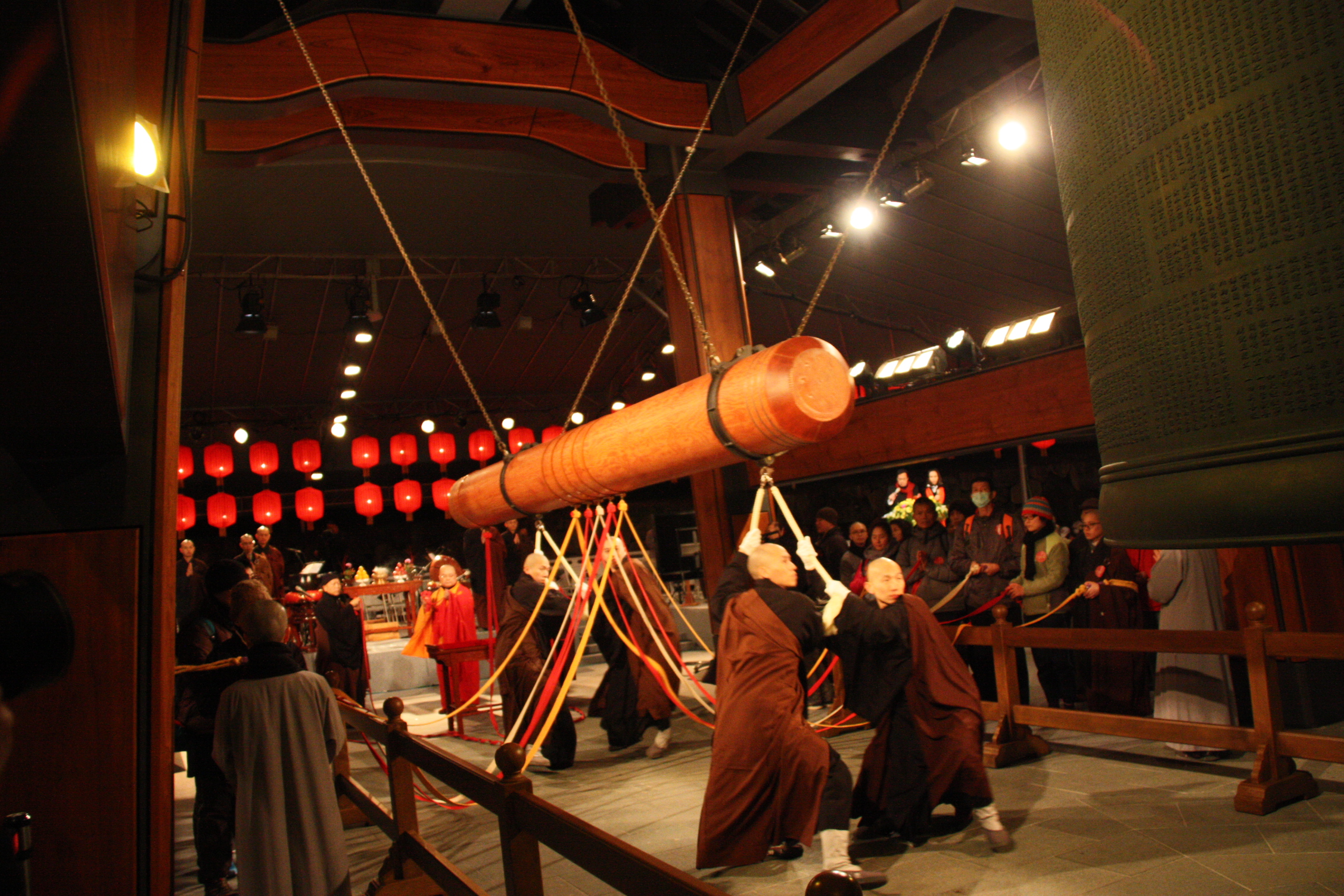
On New Year’s Eve, the last day of the Chinese lunar calendar, the bell in the monastery will be rung 108 times, to bid farewell to the past and to welcome the future. In Buddhism, all vexations that arise from the six sense organs can be categorized into 108 different types; thus, ringing the bell 108 times represents the elimination of these vexations from the past, present and future.
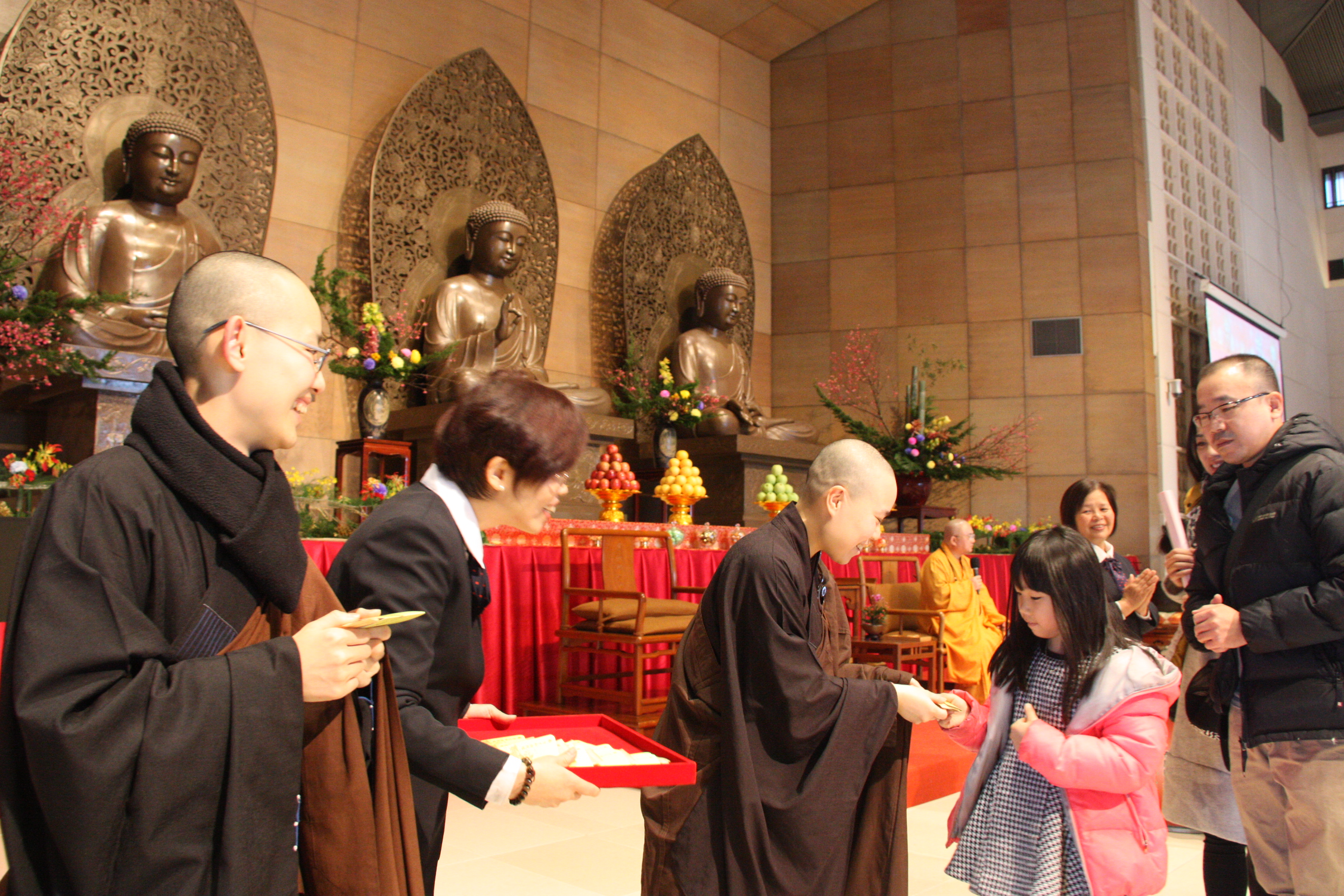
In the west, every New Year is celebrated with firework displays on the eve of the New Year as well as exchanges of greeting cards. In contrast, the Lunar New Year or the Spring Festival is celebrated from the eve of the New Year through the Lantern Festival, which falls on the 15th day of the month. The Lunar New Year is also the most significant festival amongst the three major Chinese festivals, namely, the Spring Festival, the Dragon Boat Festival and the Mid-Autumn Festival. This Chinese New Year 2017 heralds the arrival of the Year of the Rooster, which will start on January 28.
.JPG)
Taiwan’s Lunar New Year also incorporates the use of the “Spring couplet,” a traditional Chinese form of poetic verse. The most important symbol of the Lunar New Year, the Spring couplet celebrates the ‘sweeping away’ of old things to usher in the new. On the day before Chinese New Year’s Eve, people paste the red spring couplet -- usually containing auspicious words such as “Spring,” “Blessing,” and “Abundance” -- on the doors, windows, and rice jar of their homes, along with other suitable places. It not only serves as a telling sign of the coming new year, but also aims to spread good wishes and blessings to all. The atmosphere is joyful, and for the Chinese people it is a time of great happiness and peace.
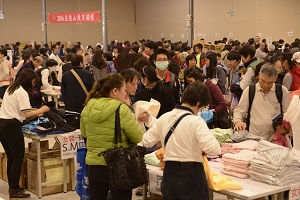
In 1956, the 45th year of the ROC calendar, Master Dong Chu (Master Sheng Yen’s teacher) built the Chung Hwa Institute of Buddhist Culture. At that time, resources and food in Taiwan were more scarce, so Master Dong Chu began a Winter Relief drive every year during the New Year to help alleviate hardship. He and his disciples worked with the community to raise materials such as rice, vegetables and other necessities, which they then distributed to the poor families in the Beitou district.
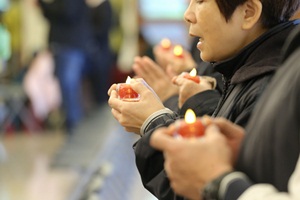
To share social warmth with needy families in the winter, Dharma Drum Mountain Social Welfare and Charity Fountain organized the end-of-year care event at Dharma Drum Mountain World Center for Buddhist Education at 9:30 a.m. on December 17, with around 400 local residents from Jinshan, Wanli, and Keelung participating. Apart from charity materials and gift money, the Praying for Blessings and Spiritual Feast activities also created a heartwarming atmosphere.
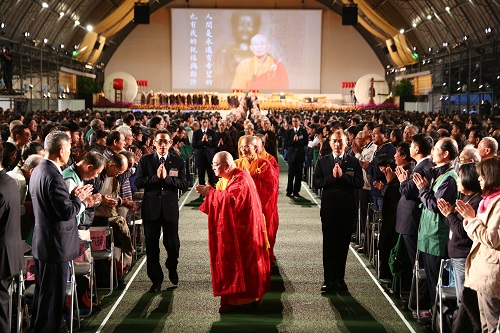
With firm strides expressing gratitude to the past and with renewed outlook to the future, tens of thousands of devotees participated in the Sending off the Sages ritual, either on-line or at the altars on Dharma Drum Mountain, at 2 p.m. on December 3, 2016, marking the completion of the eight-day Great Compassion Water and Land Dharma Service. During the Dharma talk session, Abbot President Ven. Guo Dong announced DDM’s 2017 annual topic—“Bring Blessings and Wisdom Home”—to urge people to maintain the great compassion of awakening the self and others in family and daily life, thereby benefitting the self and others. By developing selfless wisdom, equal compassion, endless thankfulness, and unlimited dedication, we will be able to enjoy peace of mind, peace of body, peace of family, and peace of daily activities.
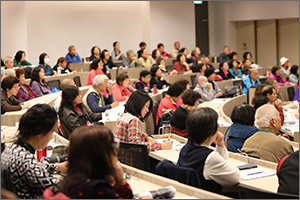
“Cohere Love with Hope,” the “Community Empowerment Forum” was held by the Master Program of Community Empowerment of the Dharma Drum Institute of Liberal Arts (DILA) at DILA’s International Conference Hall on November 25, 2016. With blessings from New Taipe City mayor Eric Chu, DDM Abbot President Venerable Guo Dong, DDM Community University President Tseng Chi-Chun, as well as Chang Chang-Pang, President of the DDM General Association of Dharma Supporters, the Forum included eight leaders of long-term research and devotion to community involvement, such as Venerable Huimin and Stanley Yen, to share their viewpoints.
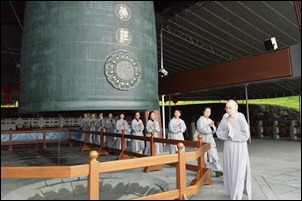
Let go of the pursuit of pleasure and the burden of possessions, and instead experience spiritual practice at a Buddhist monastery with evening drums and morning bells, to feel the joy of monastic life. The Dharma Drum Sangha University is hosting the 14th Awakening Camp at the Dharma Drum Mountain World Center for Buddhist Education from February 8 to 18, 2017. People with high school education or above and who meet the age requirement are welcome to sign up for this 11-day camp, to allow themselves to awaken to the true value of life by experiencing various aspects of monastic life, including the study of Buddhist views on life, chanting practice, precepts practice, sitting meditation practice, and work practice.
|